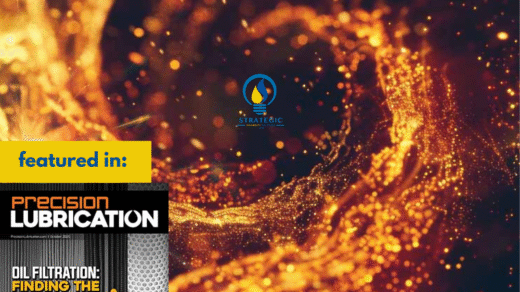API Certification
The American Petroleum Institute has a dedicated Engine Oil Licensing and Certification System (EOLCS), a voluntary license and certification program that authorizes engine oil marketers who meet the specified requirements to use their quality marks.
It is a cooperative effort amongst additive industries and vehicle and engine manufacturers such as Ford, General Motors, and Fiat Chrysler, which are represented by the Japan Automobile Manufacturers Association and the Truck and Engine Manufacturers Association. The performance requirements and test methods are established by vehicle and engine manufacturers, as well as technical societies and trade associations, including the ASTM, SAE, and the American Chemistry Council (ACC).

While the API initially included designations for both gasoline and diesel specifications, it later established these as two separate classes. Gasoline engines designed for cars, vans, and light trucks were allocated to the “S” or Service category. On the other hand, diesel engines designed for heavy-duty trucks and vehicles fall under the “C” or Commercial category.
These standards have been in place since 1947 and regulate both gasoline and diesel engine oils. One of the major changes since 2020 is the introduction of 0w16 oils, which now have their certification mark, the “shield” instead of the traditional “starburst”.
What’s the main difference between ILSAC GF-6A & 6B?
Both are designed to provide protection against low-speed pre-ignition (LSPI), timing chain wear protection, improved high-temperature deposit protection for pistons and turbochargers, more stringent control of sludge and varnish, enhanced fuel economy, and protection of the emission control system for engines operating on ethanol-containing fuels up to E85. However, ILSAC GF-6B applies only to 0W-16 oils.
The current gasoline engine oil standard is API SP. This standard was introduced in May 2020 and is designed to protect against low-speed pre-ignition (LSPI), provide timing chain wear protection, enhance high-temperature deposit protection for pistons and turbochargers, and implement more stringent control of sludge and varnish.
API SP with Resource Conserving matches ILSAC GF-6A by combining API SP performance with improved fuel economy and enhanced emission control system protection for engines operating on ethanol-containing fuels up to E85.

On the diesel side of things, there has been a slight break from tradition, as two new categories, CK-4 and FA-4, have been introduced. The main difference with these is the type of fuel used, specifically in terms of its sulphur concentration. CK-4 is ideally used for vehicles using diesel fuel with 500 ppm (0.05% weight) sulphur, while FA-4 is used for vehicles using diesel fuel with less than 15 ppm (0.0015% weight) sulphur, and they must be Xw30 oils.

CK-4 oils are used in high-speed four-stroke cycle diesel engines designed to meet 2017 model year on-highway and Tier 4 non-road exhaust emission standards, as well as previous models of diesel engines. They are formulated for use with diesel oils containing up to 500 ppm sulphur. However, if they are used alongside fuels containing more than 15 ppm sulphur, this can affect the exhaust after-treatment system durability or oil service drain interval.
They effectively sustain the durability of emission control systems, particularly when particulate filters and other advanced after-treatment systems are employed.
API CK-4 oils are designed to provide enhanced protection against oil oxidation, viscosity loss due to shear, and oil aeration, as well as protection against catalyst poisoning, particulate filter blocking, engine wear, piston deposits, degradation of low- and high-temperature properties, and soot-related viscosity increase.
FA-4 oils are specifically for certain Xw30 oils formulated for use in high-speed four-stroke cycle diesel engines designed to meet 2017 model year on-highway greenhouse gas emission standards. They are formulated for use in on-highway applications with diesel fuel sulphur content up to 15 ppm. These oils are blended to a high-temperature, high-shear (HTHS) viscosity range of 2.9cP – 3.2cP to assist in reducing greenhouse gas (GHG) emissions.
They are effective in sustaining the durability of emission control systems, particularly when particulate filters and other advanced after-treatment systems are employed.
API FA-4 oils are designed to provide enhanced protection against oil oxidation, viscosity loss due to shear, and oil aeration in addition to protection against catalyst poisoning, particulate filter blocking, engine wear, piston deposits, degradation of low and high-temperature properties, and soot-related viscosity increase. It is essential to note that FA-4 oils are not interchangeable or backward compatible with API CK-4, CJ-4, CI-4, CI-4 PLUS, and CH-4 oils.

Find out more in the full article, "Engine oil types and how to choose the right one" featured in Precision Lubrication Magazine by Sanya Mathura, CEO & Founder of Strategic Reliability Solutions Ltd.





